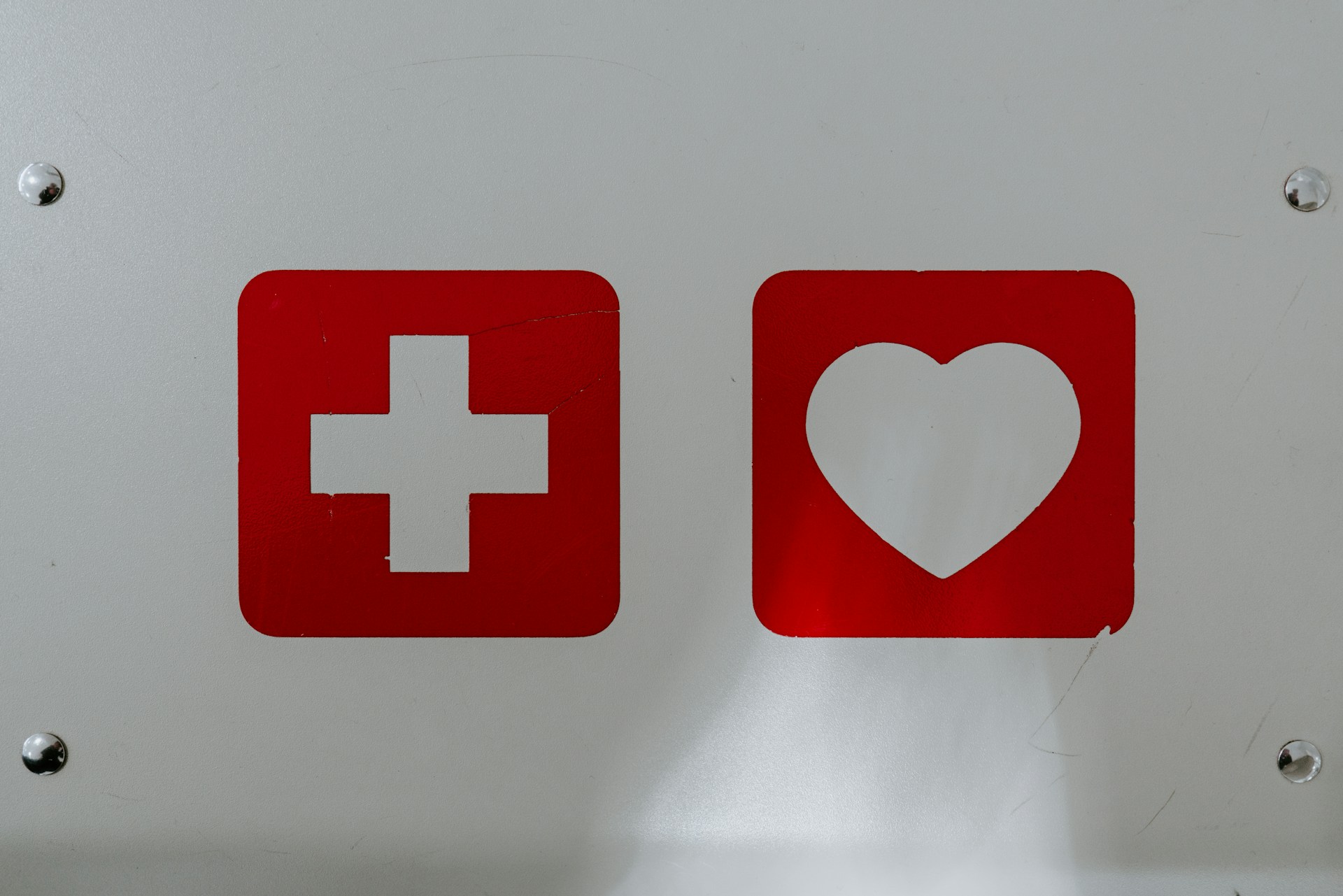
A kidney transplant is a life-saving procedure for people with end-stage renal disease. However, it can also be a daunting experience for patients, especially women who have unique health needs. If you’re scheduled for a kidney transplant surgery, you need to be well-prepared physically, emotionally, and mentally. This article will provide a few tips to help women prepare for their kidney transplant surgery and improve their chances of a successful recovery.
Learn About the Procedure
Before undergoing surgery, it is crucial to proactively gather comprehensive information about the kidney transplant procedure directly from your healthcare provider. Understanding what to anticipate before, during, and after the surgical process is vital for your peace of mind and overall well-being. Be sure to inquire about the specific type of transplant surgery being recommended, the potential risks involved, the expected duration of the recovery period, and the possible complications that may arise post-surgery. By equipping yourself with a thorough comprehension of the entire procedure, you will not only feel more confident but also adequately prepared for the journey ahead.
Prepare for Financial Costs
Planning ahead and being well-informed about the costs involved can help individuals navigate the financial aspect of a kidney transplant more effectively. The cost of a kidney transplant surgery can be quite significant, often involving various expenses beyond what insurance covers. Even with insurance, individuals may encounter out-of-pocket costs, including medications, follow-up care, and potential unforeseen expenses. Therefore, gaining a comprehensive understanding of the financial implications associated with the procedure is crucial. It is advisable to delve into specifics by researching your insurance coverage thoroughly, consulting with a financial counselor to assess potential expenses, and exploring different avenues for financial aid resources that may alleviate the financial burden.
Maintain a Healthy Lifestyle
Maintaining a healthy lifestyle is crucial before and after kidney transplant surgery. It will help you manage any pre-existing health conditions and reduce the risk of complications. Aim to exercise regularly and eat a healthy diet that includes lots of fresh fruits, vegetables, and lean proteins. Also, avoid smoking, alcohol, and recreational drugs, as they can harm your kidney function and delay your recovery. You should also seek emotional support before undergoing the procedure. Kidney transplant surgery can be a stressful and emotional experience. Thus, you’ll need emotional support from family members, friends, and possibly a professional therapist. These individuals can provide you with the encouragement, comfort, and advice that you need to make the process less overwhelming.
Change Your Home Environment
It is important to eliminate any potential obstacles that may lead to injuries or falls so you can fully recover at home without additional trouble. This includes removing rugs or cords that pose tripping hazards. Maintaining a clean living space is crucial to minimize the risk of exposure to infectious agents that could lead to infections. Creating a safe and hygienic home environment can promote a faster and smoother recovery process.
Get Your Medications Ready
Following your kidney transplant surgery, it is crucial to adhere to a prescribed medication regimen to mitigate the risk of rejection and support the success of the new kidney. Collaborate closely with your healthcare provider to secure an ample supply of the necessary prescription medications well before the surgery date. Furthermore, it is advisable to consult with a pharmacist to thoroughly review your current medications, ensuring there are no potential adverse interactions pre and post-surgery, thus safeguarding your recovery process.
Arrange for Post-Surgical Care
After undergoing surgery, it’s crucial to have extended support in place to aid in your recovery journey. Make arrangements to have a dedicated individual to assist you with daily activities, including transportation to medical appointments and meal preparation. Additionally, consider contacting a home health nurse or a physical therapist who can provide specialized care and guidance tailored to your specific needs during recovery. Remember, investing in your recovery process now will pave the way for a smoother and more successful healing experience in the long run.
By diligently following these suggestions and maintaining open communication with your medical professionals, you can ensure that you are adequately prepared on all fronts – mentally, physically, and emotionally – for the surgery. Taking a proactive approach to your healthcare and actively engaging in your treatment plan will not only enhance your chances of a successful recovery but also empower you to navigate the challenges associated with the transplant process more effectively. Remember, your involvement and commitment to your well-being are key components in achieving a positive outcome from the surgery. Consider working with a professional physicians group such as UBMD Physicians’ Group to get the best care for your treatment.


